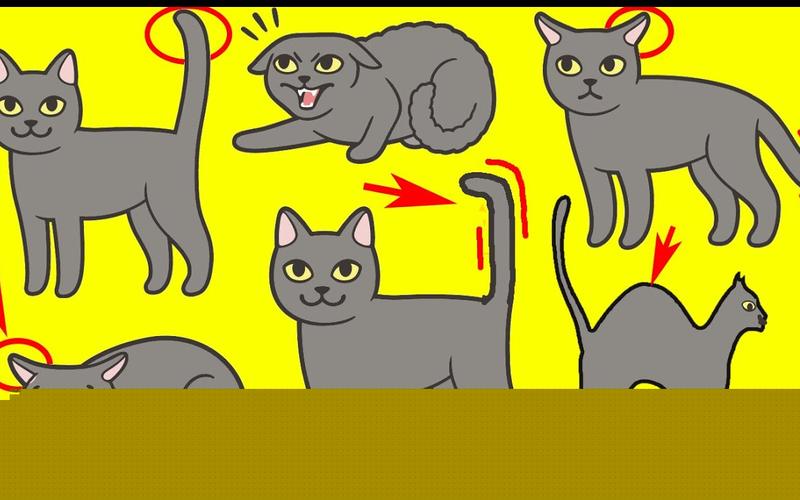
Understanding the Behavior
Your cat’s behavior of licking you followed by biting can be quite perplexing. It’s important to understand that this is not necessarily a sign of aggression, but rather a complex behavior with various underlying reasons.
Reasons for Licking
Cats are known for their grooming habits. Licking you could be a sign of affection. Cats often groom themselves and other members of their family, including humans. This behavior can be a way for your cat to show that it cares for you and considers you part of its family.

Reasons for Biting
On the other hand, the biting part of the behavior can be a bit more confusing. Here are a few reasons why your cat might bite after licking you:
| Reason | Description |
|---|---|
| Playfulness | Cats often use their mouth as a part of play. Biting can be a way for them to engage with you playfully. |
| Teething | Young kittens may bite as they are teething. This behavior can continue into adulthood, especially if they haven’t learned better ways to interact. |
| Stress or Anxiety | Cats may bite out of stress or anxiety, especially if they feel threatened or overwhelmed. |
| Overexcitement | When cats are overly excited, they may not always control their behavior properly, leading to biting. |
How to Respond
Understanding the reason behind your cat’s behavior is the first step in addressing it. Here are some tips on how to respond:
-
Stay Calm: Reacting with anger or frustration can reinforce the behavior. Remain calm and composed.
-
Redirect Play: If the biting is due to playfulness, redirect your cat’s attention to appropriate toys.

-
Teach Boundaries: If the biting is due to teething or overexcitement, teach your cat to use its mouth gently. You can do this by gently holding its mouth closed or using a toy to distract it.
-
Provide Comfort: If the biting is due to stress or anxiety, provide a safe and comfortable space for your cat to relax.
Training and Communication
Training your cat to understand appropriate behavior is crucial. Here are some training tips:
-
Consistency: Be consistent with your training methods. This helps your cat understand what is expected of it.
-
Positive Reinforcement: Reward your cat with treats or praise when it behaves appropriately.
-
Desensitization: Gradually expose your cat to the situations that trigger biting, teaching it to remain calm.
Seek Professional Help
If your cat’s behavior is severe or if you’re unable to manage it on your own, it may be time to seek professional help. A veterinarian or a professional cat behaviorist can provide guidance tailored to your cat’s specific needs.
Understanding why your cat licks you then bites you is key to addressing the behavior effectively. With patience, consistency, and proper training, you can help your cat learn to interact with you in a way that is both enjoyable for both of you.







